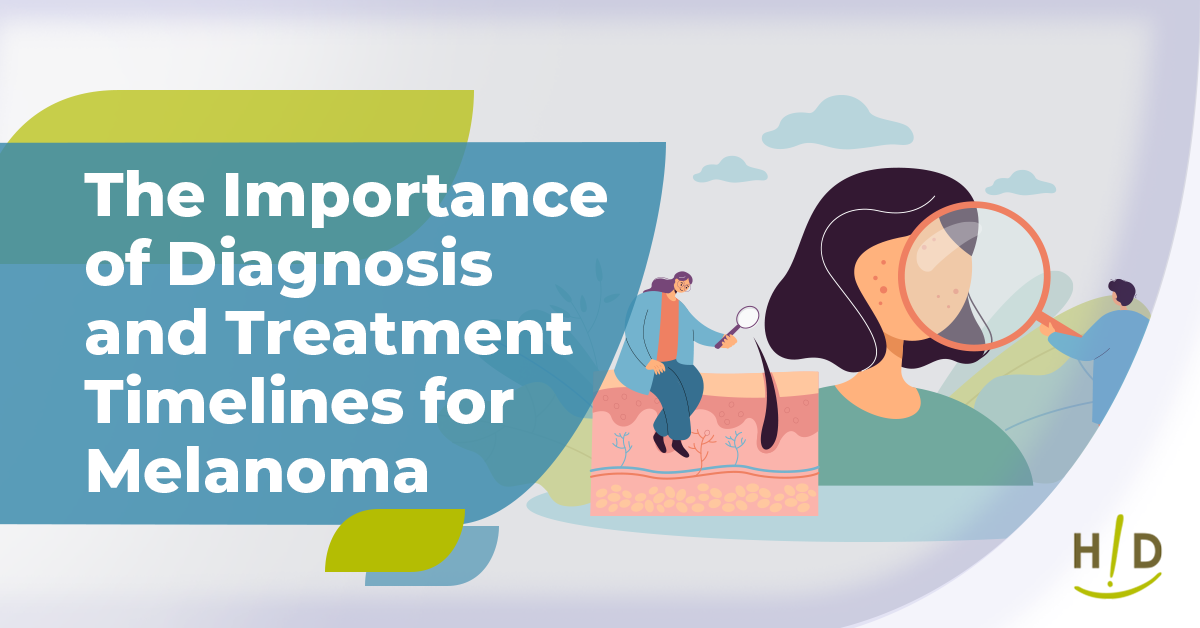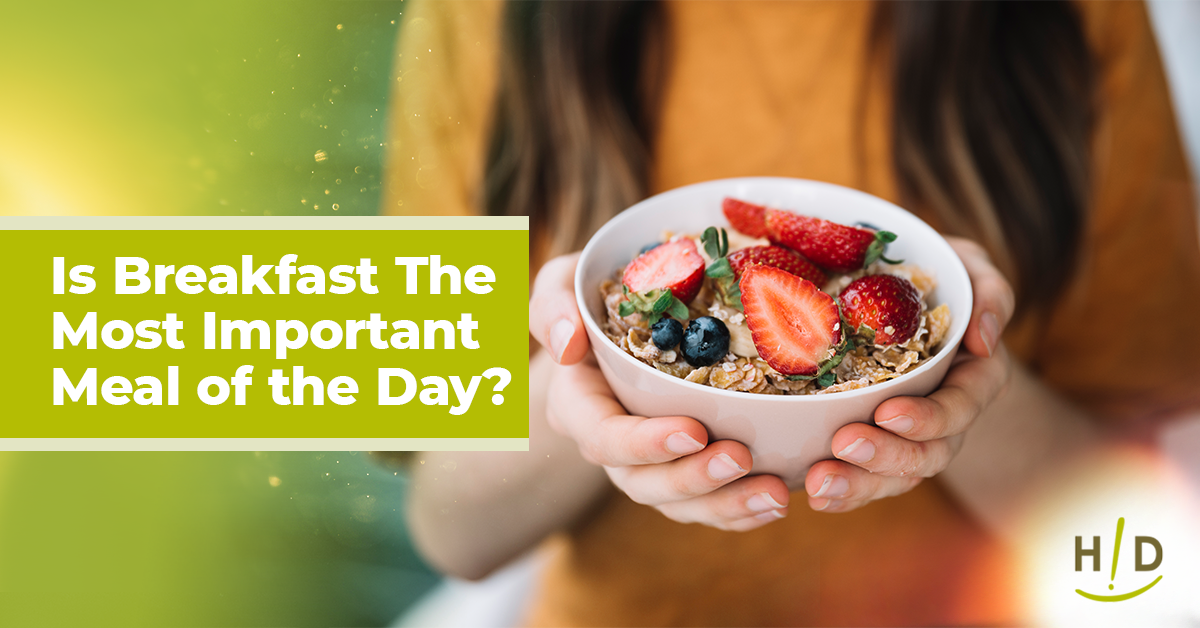For many years the fast food industry, large food companies and even dieticians have been touting the value of a hearty breakfast to “break the fast” of the night and provide the body a sustainable source of energy.
Study after study appears to demonstrate the value of breakfast. But, as with many other nutritional pieces of advice, the belief in the power of breakfast is based on misinterpreted research and biased studies.
Many of the studies are funded by the food industry, which has a clear bias. Kellogg funded a highly-cited article that found that cereal for breakfast is associated with being thinner. The Quaker Oats Center of Excellence (part of PepsiCo) financed a trial regarding consumption of oatmeal or frosted cornflakes (if you eat it in a highly-controlled setting each weekday for four weeks), and found that only the no-breakfast group, which lost weight, experienced an increase in cholesterol.
We want to dig a bit deeper into this whole “breakfast dilemma.”
The common belief is if you skip breakfast in the morning, it’s going to make you eat more later in the day. People think if you go into lunch and dinner hungry, you’ll end up eating more. And the fear is this will make you gain weight and develop unhealthy eating patterns.
But that’s not what the research shows, the most recent of which was published in the British Journal of Nutrition.
In a study of 40 teenage girls (whose appetite is known to be strong, thanks to the caloric requirements associated with growing) it was discovered those who ended up skipping breakfast consumed 350 calories less through the day than the subjects who ate a full breakfast.
The subjects in the study were ages 11-15. Each of the subjects ate in two distinctly different ways to isolate how breakfast affects later caloric consumption.
To start with, the girls ate a breakfast made specifically to have a low impact on their glycemic index. The breakfast was 468 calories in total. They ate this breakfast for several days before switching over to an eating protocol where they simply did not eat breakfast.
The researchers’ stated goal was to "examine the effect of 3 consecutive days of breakfast consumption compared with breakfast omission on free-living energy intake and physical activity in adolescent girls."
After they ate breakfast, the participants were then asked to keep a journal that kept track of their eating habits throughout the day. Their physical activity levels were monitored with an accelerometer.
At the conclusion of the study, the researchers noted on days when the subjects skipped breakfast altogether, their ending caloric totals were 353 calories fewer than when they had breakfast.
What’s more interesting is even though they skipped breakfast, and missed out on those 458 calories in the morning, their physical activity levels weren’t affected in the slightest.
This bodes well for people who want to lose weight and still maintain a healthy lifestyle in the process.
What the researchers don’t know is why exactly this happens. They’re not quite sure what the correlation is between skipping breakfast and not eating more later during the day.
As study co-author Dr. Keith Tolfrey said, "There are many reports that show missing breakfast is associated with obesity, which may have led to premature assumptions that breakfast can be used as an intervention for weight control… But we do not know why eating breakfast is associated with a lower likelihood of being overweight or obese, or whether eating breakfast can be used effectively as a weight control strategy…Further research will help to determine whether daily breakfast consumption can be used as an intervention to reduce future disease risk in young people," concludes Dr. Tolfrey.
Few randomized controlled trials exist. Those that do, although methodologically weak like most nutrition studies, don’t support the necessity of breakfast.
Paul and I have attempted to explore our personal results of what happens to us when we eat an early “breakfast.” Our breakfast is rather light in that we mash a ripe avocado on a piece of gluten free bread. While it is a light breakfast as compared to the Standard American fare, the results were quite notable. If we consume that light breakfast before 9:00 AM, we find that we are ravenous just two hours later and we find that our appetite is stronger all through the day.
We recently worked with a woman who said that she needed to eat an early breakfast or her blood pressure would rise and she would feel shaky and weak. But after starting a juicing regimen and eating closer to the Hallelujah Diet, she soon found that she could delay eating for a few more hours and as she began drinking smoothies later in the morning, she found her blood pressure was easier to manage.
It doesn’t take a rocket scientist to see that as adults, we don’t necessarily need the calories from these foods right away in the morning, especially since the result is we feel like grazing throughout the rest of the day, which means even more calories.
At the Hallelujah Diet, we have said for over 25 years that you should not eat “breakfast.” It is best not to consume food containing fiber first thing in the morning, as fiber hinders the body’s cleansing and eliminating efforts that continue for several hours after rising.
What I want to clarify is, the popular question of “Then when is the best time to eat?”
Most people eat their breakfast quite early in the morning. Whether it is 6:00 AM or 8:00 AM, your poor digestion system isn’t even awake yet, much less running on all cylinders, so to eat fiber-rich foods, fatty foods, sugary foods, they will make your poor digestive system clearly wish it had stayed in bed! The rude awakening of that big dump, can create future health problems.
We recommend a small glass of freshly extracted vegetable juice or even a barley green juice powder, like our go-to favorite, BarleyMax soon after you awaken. You will receive large amounts of nutrients while gently awakening your digestive system. Believe me, it will be most grateful for the gentle approach. How many people do you know like to hear loud music or some big problem given to them as soon as they are awake?
A couple of hours after your juice, if you are interested in eating something, start with a piece of fruit and if that isn’t enough, make yourself a living green smoothie. The ingredients should be light on the sugar and heavy on the greens. The fact that it is living will help the digestion system in breaking it down.
We will have our green smoothies typically after 10:00 AM. These will satisfy us for hours. If you add some powdered protein, and even some more BarleyMax in your smoothie, you will be sure to give your body plenty of nutrition without adding all the calories.
If only the breakfast studies could take into consideration not just weight gain or energy, but actual nutritional density that is being distributed into all the cells of the body which not only staves off hunger, but more importantly, affords healing and healthy cell replacement, which of course, prevents disease, then, maybe people will see that it isn’t the amount of food or the exact timing that is important, but the value comes in the nourishing of cells.
Continue reading

The Importance of Diagnosis and Treatment Timelines for Melanoma
The Importance of Diagnosis and Treatment Timelines for Melanoma
Fueling your body with a plant-based diet can h...





